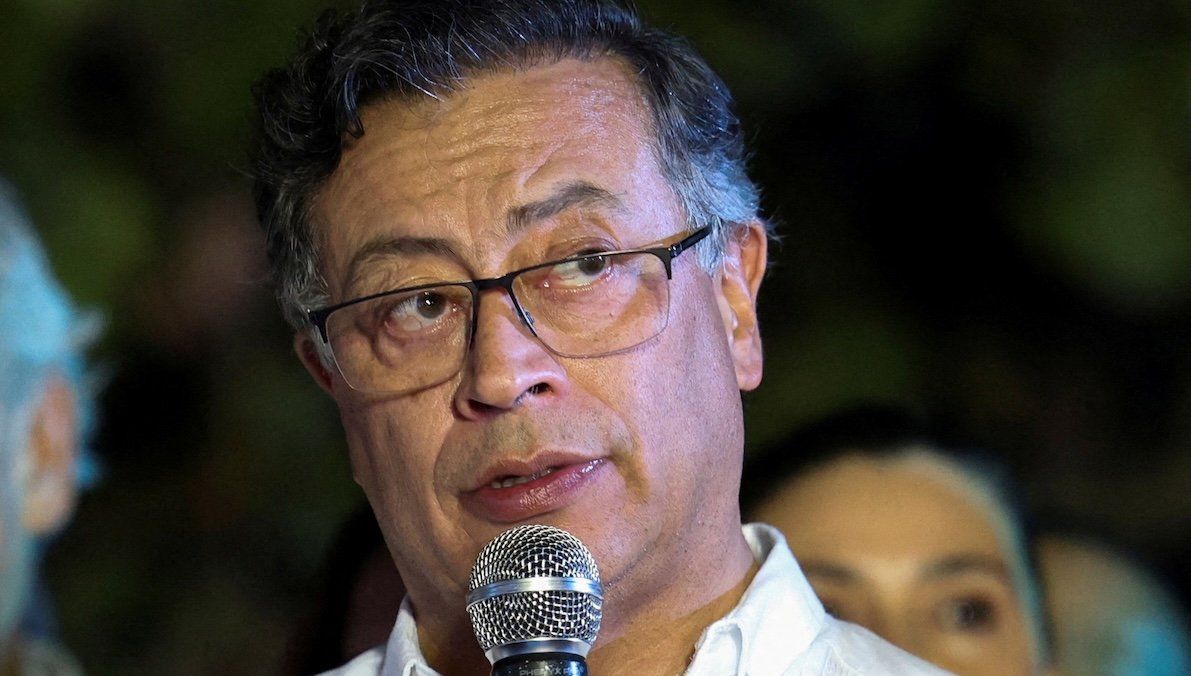Petro had posted an announcement refusing to accept the flights early Sunday morning, saying, “The US cannot treat Colombian migrants as criminals. I deny the entry of American planes carrying Colombian migrants into our territory. The United States must establish a protocol for the dignified treatment of migrants before we receive them.”
On Sunday afternoon, Trump posted to Truth Social that he would apply “Emergency 25% tariffs on all goods coming into the United States [from Colombia]. In one week, the 25% tariffs will be raised to 50%.” Trump also imposed a travel ban and revoked the visas of Colombian government officials, their “Allies and Supporters” as well as all party members, family members, and supporters of the Colombian government.
In response, Colombia, the US’ third-largest trading partner in Latin America, threatened a 50% tariff on US goods – a risky prospect given that his country is facing a severe fiscal crisis.
By late Sunday, however, the White House said Colombia had agreed to Trump’s terms and would allow the US to send the migrants back to Colombia. This halted the threatened US tariffs, but the visa suspensions reportedly will remain in place until the first plane of deportees lands in Colombia.
We’re watching to see whether Petro continues to accept Trump's terms – or returns to tit-for-tat threats.
